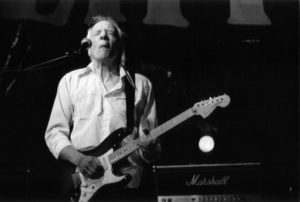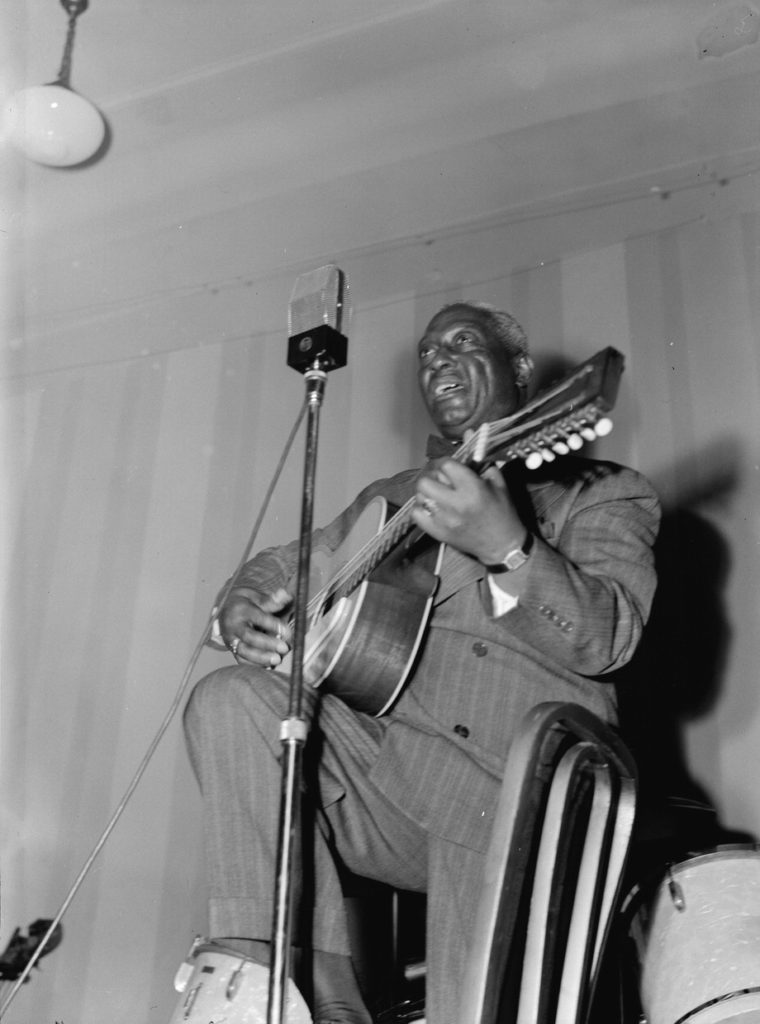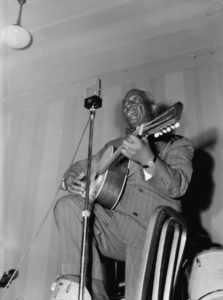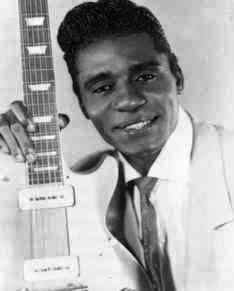Robin Trower
Robin Trower was born on 9th March 1945, just at the close of World War II, in South East London.
He was guitarist in the band Procol Harum from 1967 to 1971 and recorded with them on their first five albums. He later performed and recorded with Jack Bruce (from Cream), Bryan Ferry and iconic bands such as Jethro Tull.
Robin’s style is mainly blues-rock-heavy rock and he uses a classic set-up of Fender Strat with Marshall amps. His musicality was heavily influenced by James Brown. His sound is clearly influenced by Jimi Hendrix.
Listen to / watch this great solo during a live performance of the song “Too Rolling Stoned” in 1975:
Robin continues to record and tour.

Robin Trower [ By Sardognunu (Own work) [CC BY-SA 3.0 (https://creativecommons.org/licenses/by-sa/3.0)], via Wikimedia Commons ]









